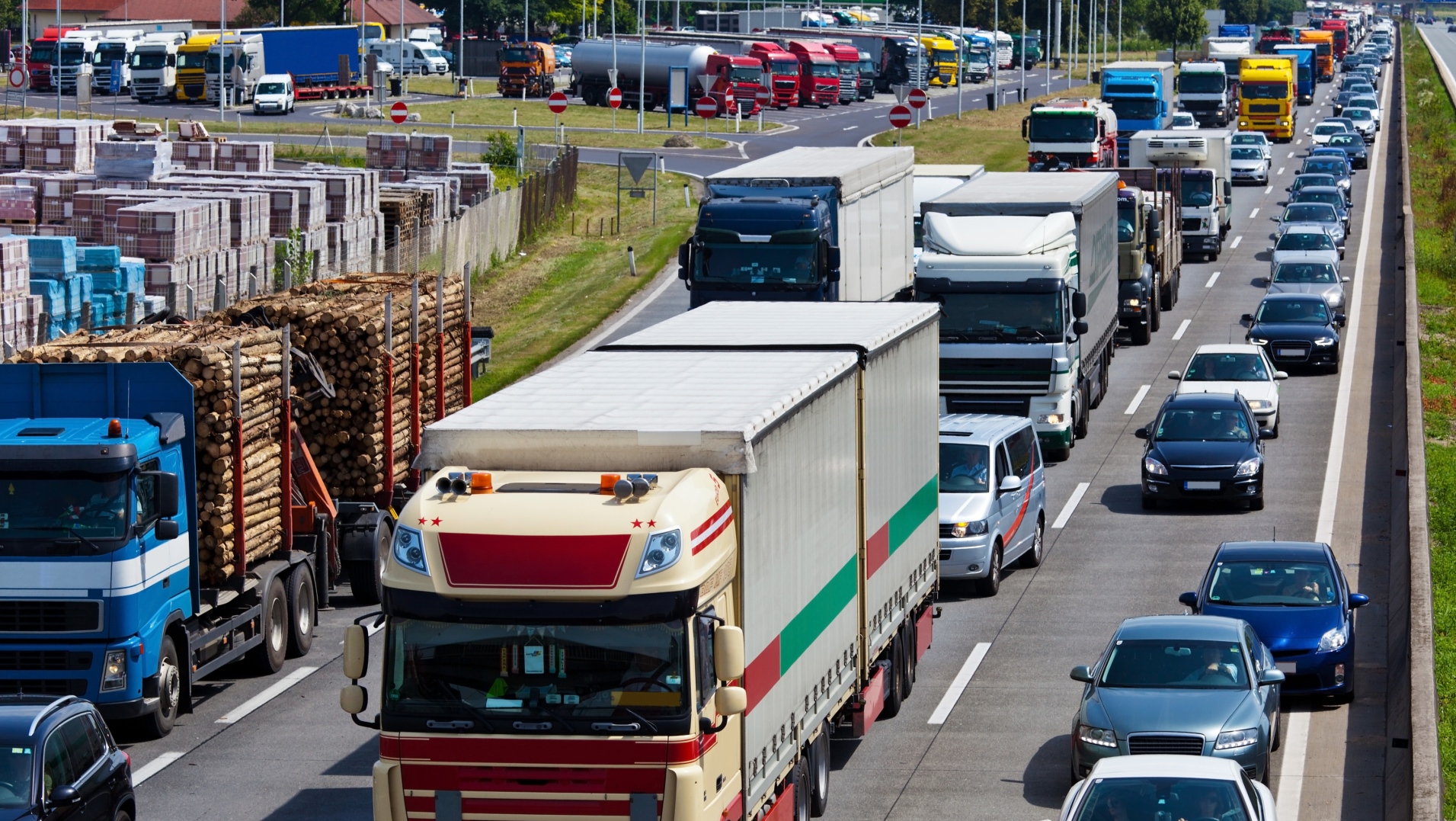‘Pothole’ nation?
Speculation over what chancellor Phillip Hammond will unveil in his Autumn Statement on Wednesday (November 23) is running high, but one thing is certain – infrastructure spending will be a top priority.
It is understood that Hammond will announce a ÂŁ1.3bn roads improvement programme, with ÂŁ1.1bn to be spent tackling congestion by upgrading local roads and ÂŁ220m to alleviate â€pinch points’ on motorways and major A roads.
The infrastructure spending pledge will be seen as point of departure from Hammond’s predecessor George Osbourne, who was one of the main architects of austerity that saw public investment slashed to the bone.
But will it really be all that much different under the new chancellor’s leadership?
Although £1.3bn may seem a generous sum, just weeks ago an investigation found that fixing England’s potholes alone would cost £12bn and take 14 years, based on an analysis of council data of pothole back logs.
“Our roads are deteriorating fast and it would take almost ÂŁ12bn, and it could be nearly 2030, before we could bring them up to scratch and clear the current roads repair backlog,” said the Local Government Association (LGA) transport spokesperson Martin Tett.
“Councils fixed a pothole every 15 seconds again last year despite significant budget reductions leaving them with less to spend on fixing our crumbling roads,” he added.
Failed projects
The government’s track record on delivering on infrastructure projects has so far been abysmal – despite endless talk of building a Northern Powerhouse, just last week the Department of Transport (DfT) scrapped a Hull-Selby rail electrification project, a move met by anger from local politicians and residents alike.
“We are extremely disappointed and frustrated to learn that the DfT has turned down the Hull to Selby rail electrification,” said Hull City councillor Martin Mancey.
“We’ve worked very closely with First Hull Trains on this project, which has been on the DfT’s agenda for quite some time.
This isn’t the only transport infrastructure project that’s been shelved or delayed either – many projects that were part of a £15bn road-building programme announced by the previous Tory government in 2014 have yet to be completed, or even started.
The TUC last week lambasted the government for its poor performance on public investment, after publishing an analysis that found out of OECD countries, the UK ranks near the bottom for capital investment in important areas of economic development.
The UK fared worst in transport investment. As a percentage of 2014 GDP (the latest figures), UK investment was the lowest in the OECD, ranking in last place out of 34 countries.
“We can’t just waltz into Brexit with our fingers crossed,” said TUC general secretary Frances O’Grady in response to the analysis. “If the government doesn’t invest in Britain it could go very badly wrong. And working people will pay the price with fewer jobs, lower wages and higher prices.
“But if the government invests in Britain, we can build an economy strong enough to thrive,” she added.
“We need investment in rail and roads. We need investment in new homes and clean energy. And we need investment in skills, education and fair pay for a world-class workforce.
“It’s the right thing to do for better jobs and higher wages. And it’s the best way to build an economy strong enough to compete in the global marketplace.”
Public investment call
Unite, too has highlighted the importance of public investment to jumpstart an economy that’s been stagnating and sees darker days yet as Brexit looms.
In its submission to the Treasury ahead of tomorrow’s Autumn Statement, Unite noted that any increases in headline GDP we’ve seen recently have been “reliant on consumption, and are unsustainable”.
“The financial crisis and the slowest recovery on record have cruelly exposed this fundamental structural weakness – the chronic underinvestment in our country’s creaking infrastructure,” the submission noted.
“This investment is necessary to create the sustainable, higher levels of economic growth that will then â€crowd-in’ private investment and be the bedrock that enables an industrial strategy to flourish,” Unite explained.
“Directing public investment in infrastructure can ensure that it is built in a way that is coordinated with the needs for an industrial strategy to flourish, for regional balance and can be used to create decent work and a more equitable society.”
Unite assistant general secretary Tony Burke argued that Hammond’s latest road improvement spend shows that the new government – despite using the rhetoric of industrial strategy – still just doesn’t get it.
“Throwing a billion pounds at our roads and expecting our creaking infrastructure to suddenly become world-class after decades of underinvestment is wishful thinking at best,” he said.
“One-off projects and pledges designed to make only headlines is not the same thing as having a sound industrial strategy. We need a systematic approach to create a productive economy which necessitates concerted, regionally balanced public investment in infrastructure such housing, transport, future energy needs, and communications.
“This in turn creates highly-skilled, well-paid jobs, which will enable local communities to blossom after years of decline.”
“The industrial strategy we envision to help see us through the post-Brexit storm also must include a public procurement policy that promotes our foundation industries such as steel – if it’s made in Britain, it should be bought by Britain.
“This government must step up to the plate in tomorrow’s Autumn’s Statement – we need a long-term strategy if we want to build a post-Brexit economy that works for everyone.”
Find out more about Unite’s strategy to defend manufacturing post-Brexit here.
 Like
Like Follow
Follow

